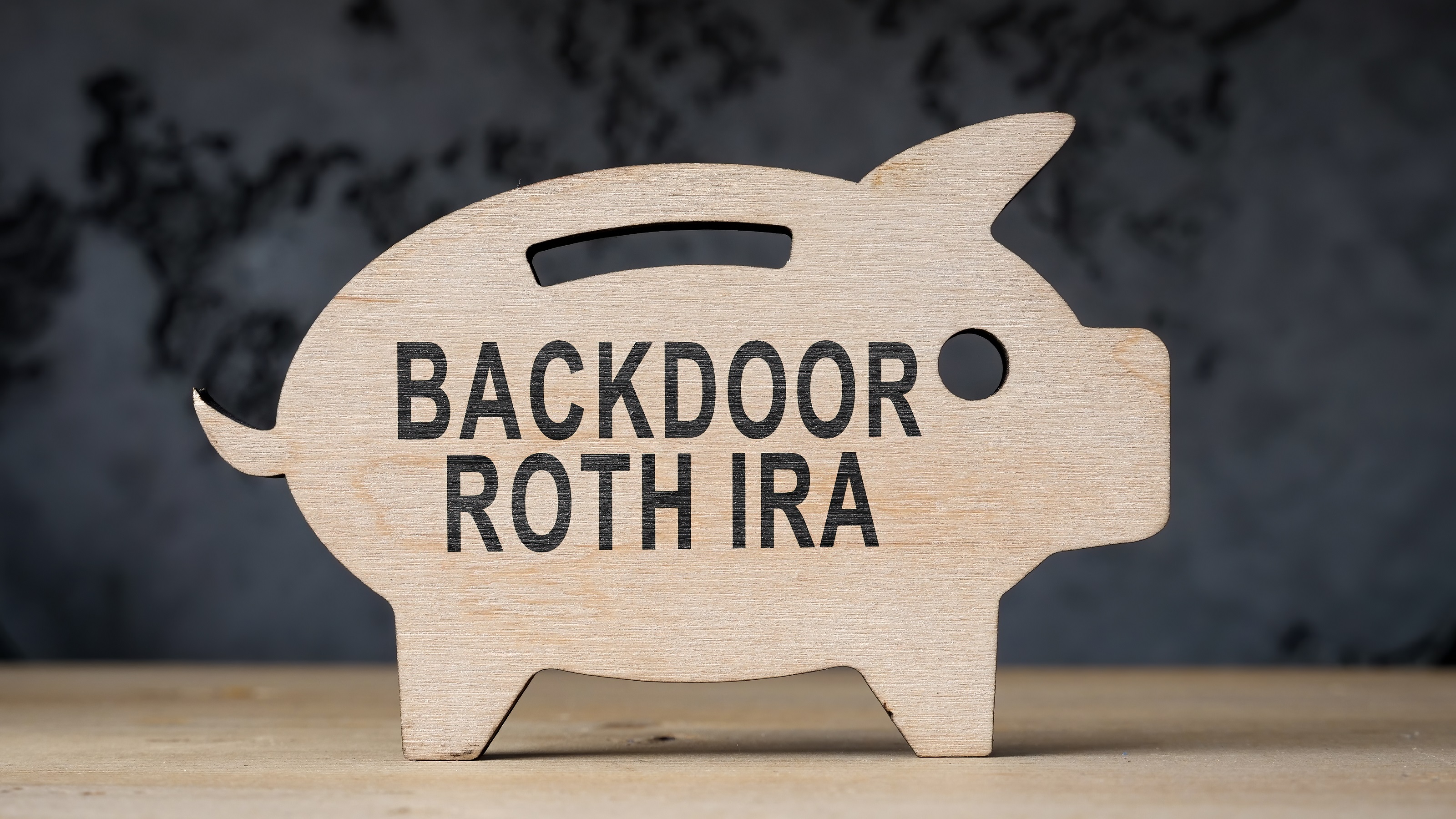
Some high-profile personal finance commentators are big fans of the “backdoor Roth IRA.” I’m not — at least not for high earners — and here’s why: If you’re making enough money to be considering a backdoor Roth, there are likely higher-impact, less administration-intensive ways to minimize your tax burden.
A backdoor Roth is a loophole that avoids income limits to be eligible to contribute to a tax-free Roth IRA retirement account. The loophole: Taxpayers making more than the $161,000 limit in 2024 can’t contribute to a Roth IRA, but they can convert other forms of IRA accounts into Roth IRA accounts.
The tax-free accumulation is the obvious attraction. But it comes with a relatively high administrative burden: Each year’s contribution has to be created as a separate Roth IRA account, meaning that if you make contributions for the next 20 years, you’ll be juggling 20 separate Roth IRA accounts. There’s also a thicket of IRS conversion regulations that have to be followed carefully to avoid triggering additional tax liabilities.
The popularity of the strategy is certainly assisted by the support of high-profile advisers like Dave Ramsey, who rightly note the tax-free investment earnings accumulation benefits. Sometimes, though, I get the sense that the allure of the strategy comes as much from the sense that investors are getting one over on the government, doing something clever and slightly clandestine (the “backdoor” name makes it sound like a speakeasy during Prohibition) as it does for the benefits.
Is a backdoor Roth IRA a worthy strategy?
There’s a more important question for high earners considering the strategy, and even more so for business owners (who have more tax minimization tools available to them through their business entity). And that is: Is this the best way for me to earn more and keep more for retirement?
It’s there that I depart from the conventional wisdom that the backdoor Roth IRA is a worthwhile strategy. If a client of mine is hell-bent on using it, I won’t try to stop them. But the core idea of allowing tax-free accumulation of wealth — and in some cases of reducing current taxable income as well — can be achieved by business owners in other ways.
For example, business owners can create deferred compensation plans that use life insurance policies as a vehicle to hold and accumulate value using deferred income. With proper structure, you can reduce current income and earn tax-deferred accumulation on those dollars.
Business owners can also create profit sharing plans for their company, which depending on the age demographics of their workforce can accrue significantly in the owner’s favor.
A risk that exists
But beyond the alternatives, there’s a significant and generally unstated risk that I see to Roth IRA accounts: The risk that Congress and the IRS simply won’t be able to keep their hands off those tax-free accumulations in an increasingly difficult fiscal environment for the federal government.
Think about it: Bills continue to be introduced to implement different forms of a national wealth tax — in effect a form of taxation that retracts an implicit deal between the government and taxpayers, which has been that you pay taxes on income when you receive it.
The notion of retroactivity — which is what a wealth tax would bring — continues to feel like the wolf at the door. With deficits at record levels, taxes labeled “billionaire wealth taxes” could easily and quickly expand into retroactive taxes on unrealized and untaxed Roth IRA accounts.
No one in elected office is currently proposing that kind of retirement account raid. Yet. But can you imagine a near-future Congress drooling over the bounty that Americans’ tax-shielded retirement accounts represent? I can.
Maybe that vulnerability will shrink when the U.S. Supreme Court rules in the spring on a case that has wealth tax implications. (You can read more about this in the article Will SCOTUS Uphold Wealth Taxes?) But in the meantime, any significant strategy that relies on accumulated wealth staying untaxed feels at least concerning.
Just the name could draw attention
I also think the very notion that this is openly called the “backdoor Roth IRA” makes it the kind of thing that can draw notice from politicians. The Build Back Better bill was going to kill these backdoor conversions. That deal died during negotiations with the GOP-controlled House of Representatives.
But there’s clearly a target on this loophole, and I simply wouldn’t put it past our politicians to take it a step further and raid tax accounts created under it.
So to summarize: The backdoor Roth IRA is something you probably should do if you’re a W-2 employee within narrow ranges of high income, and it’s also something you can use if it provides you a low-key, beat-the-tax-man thrill.
But if you do, be prepared for the possibility that the rules could change in the future. And be prepared for those sets of 20 statements to start accumulating.
Finally, if you’re a business owner with significant income and therefore significant tax obligations, my opinion is that you’re majoring in the minors with a backdoor Roth IRA and possibly taking your eye off a bigger, more important set of approaches and options to manage your tax burden and wealth accumulation.







